 Welcome
Welcome
“May all be happy, may all be healed, may all be at peace and may no one ever suffer."
Small intestinal bacterial overgrowth (SIBO)
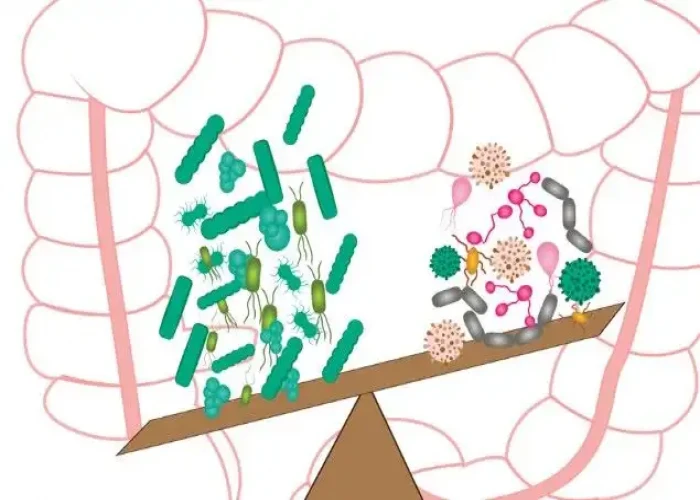
Small intestinal bacterial overgrowth (SIBO) is a medical condition in which there is an abnormal increase in the number of bacteria in the small intestine. Normally, the small intestine has relatively few bacteria, but in SIBO, there is an overgrowth of bacteria that can interfere with the normal digestion and absorption of nutrients. The symptoms of SIBO can include abdominal pain, bloating, diarrhea, constipation, and malabsorption of nutrients. The condition can be caused by a number of factors, including previous abdominal surgery, intestinal motility disorders, and certain medications. Treatment of SIBO typically involves antibiotics to reduce the bacterial overgrowth, as well as dietary changes to help manage symptoms and prevent the condition from recurring.
Research Papers
Disease Signs and Symptoms
- Loss of appetite
- Abdomen pain
- Nausea or vomiting
- Abdomen bloating
- Diarrhea
- Weight loss
- An uncomfortable feeling of fullness after eating
Disease Causes
Small intestinal bacterial overgrowth (SIBO)
Small intestinal bacterial overgrowth (SIBO) can be caused by:
- Complications of abdominal surgery, including gastric bypass for obesity and gastrectomy to treat peptic ulcers and stomach cancer
- Structural problems in and around your small intestine, including scar tissue (intestinal adhesions) that can wrap around the outside of the small bowel, and bulging pouches of tissue that protrude through the wall of the small intestine (intestinal diverticulosis)
- Certain medical conditions, including Crohn's disease, radiation enteritis, scleroderma, celiac disease, diabetes or other conditions that can slow movement (motility) of food and waste products through the small intestine
Why small intestinal bacterial overgrowth (SIBO) develops
The small intestine is the longest section of your digestive tract, measuring about 20 feet (6.1 meters). The small intestine is where food mixes with digestive juices and nutrients are absorbed into your bloodstream.
Unlike your large intestine (colon), your small intestine normally has relatively few bacteria due to rapid flow of contents and the presence of bile. But in SIBO, stagnant food in the bypassed small intestine becomes an ideal breeding ground for bacteria. The bacteria may produce toxins as well as interfere with the absorption of nutrients. The breakdown products following bacterial digestion of food can also trigger diarrhea.
Disease Prevents
Disease Treatments
Whenever possible, doctors treat SIBO by dealing with the underlying problem — for example, by surgically repairing a postoperative loop, stricture or fistula. But a loop can't always be reversed. In that case, treatment focuses on correcting nutritional deficiencies and eliminating bacterial overgrowth.
Antibiotic therapy
For most people, the initial way to treat bacterial overgrowth is with antibiotics. Doctors may start this treatment if your symptoms and medical history strongly suggest this is the cause, even when test results are inconclusive or without any testing at all. Testing may be performed if antibiotic treatment is not effective.
A short course of antibiotics often significantly reduces the number of abnormal bacteria. But bacteria can return when the antibiotic is discontinued, so treatment may need to be long term. Some people with a loop in their small intestine may go for long periods without needing antibiotics, while others may need them regularly.
Doctors may also switch among different antibiotics to help prevent bacterial resistance. Antibiotics wipe out most intestinal bacteria, both normal and abnormal. As a result, antibiotics can cause some of the very problems they're trying to cure, including diarrhea. Switching among different drugs can help avoid this problem.
Nutritional support
Correcting nutritional deficiencies is a crucial part of treating SIBO, particularly in people with severe weight loss. Malnutrition can be treated, but the damage it causes can't always be reversed.
These treatments may improve vitamin deficiencies, reduce intestinal distress and help with weight gain:
- Nutritional supplements. People with SIBO may need intramuscular injections of vitamin B-12, as well as oral vitamins, calcium and iron supplements.
- Lactose-free diet. Damage to the small intestine may cause you to lose the ability to digest milk sugar (lactose). In that case, it's important to avoid most lactose-containing products, or use lactase preparations that help digest milk sugar.
- Some affected people may tolerate yogurt because the bacteria used in the culturing process naturally break down lactose.
Disease Diagnoses
Disease Allopathic Generics
Disease Ayurvedic Generics
Disease Homeopathic Generics
Disease yoga
Small intestinal bacterial overgrowth (SIBO) and Learn More about Diseases
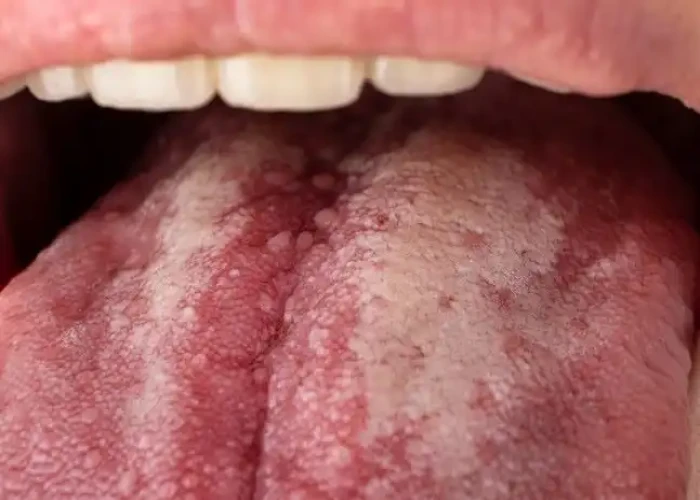
Tongue cancer

Toe walking in children
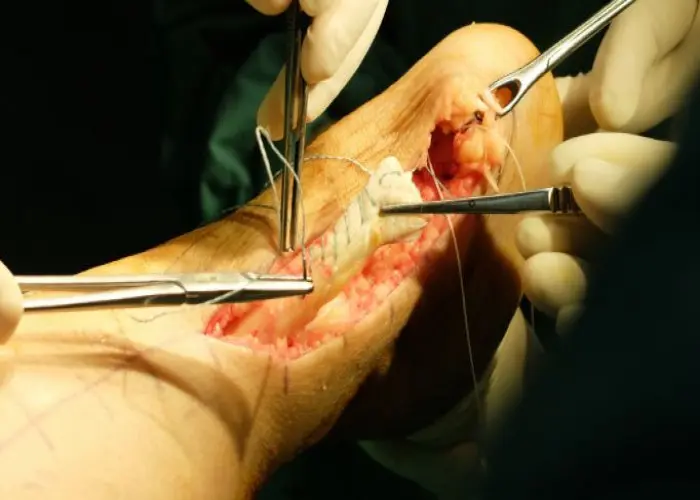
Achilles tendinitis

Vulvodynia
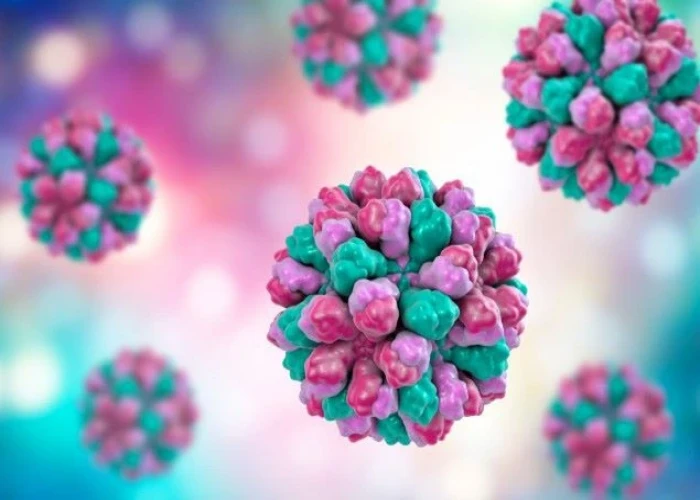
Norovirus infection
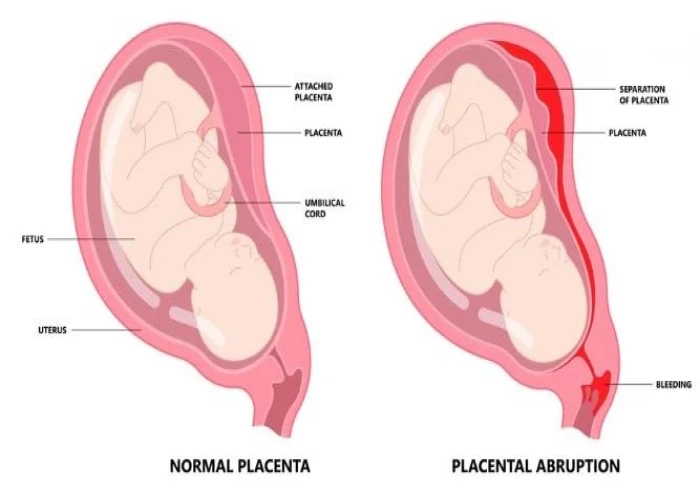
Placenta accreta

Common cold

Amyloidosis
Small intestinal bacterial overgrowth, sibo, ছোট অন্ত্রের ব্যাকটিরিয়া অত্যধিক বৃদ্ধি, এসআইবিও
To be happy, beautiful, healthy, wealthy, hale and long-lived stay with DM3S.
